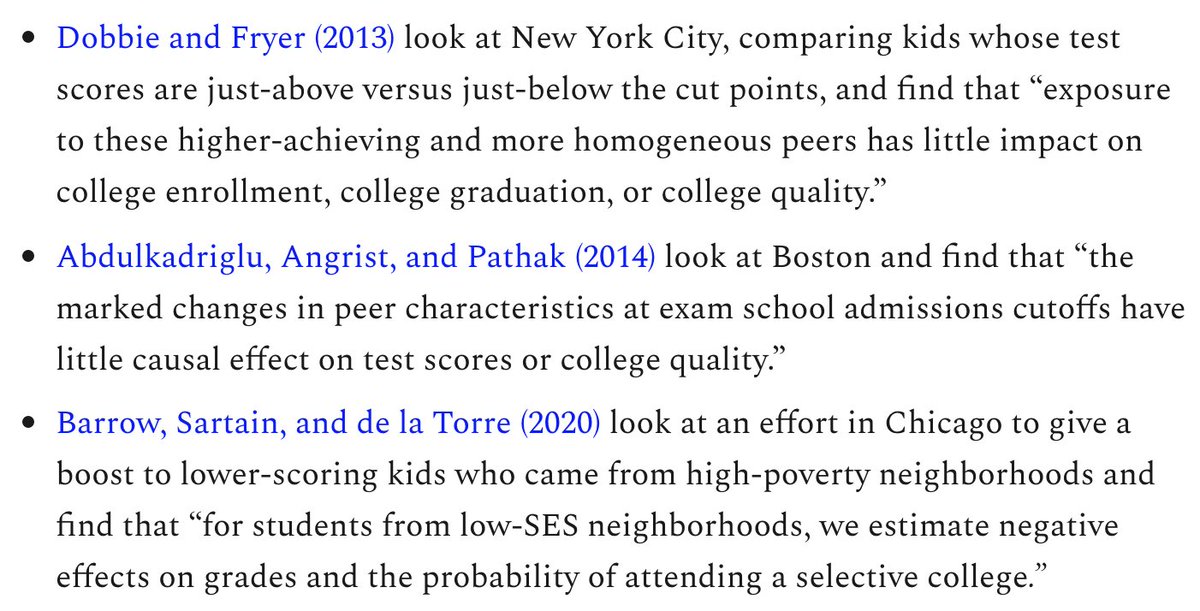
This @Noahpinion case that we're in for massive productivity growth is great. He talks about how electric inventions in the late 1800s drove productivity growth in the 1920s and suggests we might see similar delayed productivity benefits from the Internet. noahpinion.substack.com/p/distributed-…
I actually expected him to make a slightly different analogy: to the 1929-1960 period. In the 1930s scientists and engineers were inventing stuff, but weak aggregate demand prevented them from being adopted rapidly.
Then the pressure of war accelerated innovation in manufacturing. When the war ended we applied military innovations (like new manufacturing techniques and better airplanes) to civilian uses. I could see a similar sequence happening today.
2008-2019 wasn't as bad as the Great Depression, but it was a period of apparently rapid technological innovation paired with weak demand and (I think as a result) slow productivity growth.
The covid pandemic obviously wasn't as big of a crisis as WWII, but it's had some of the same kind of disruptive effects. Almost every organization in the US economy has had to re-organize how they do business in a variety of ways.
So I could see the same thing happening in the 2020s that happened in 1945-60. Just as people noticed that manufacturing techniques from WWII have civilian uses, people will notice that temporary organizational changes made as pandemic expedients would be usefully made permanent.
These changes will hopefully be accelerated by a super-tight labor market generated by loose monetary and fiscal policy. Employers will hopefully be desperate for workers and hence willing to try out a variety of new technologies to save labor costs.
• • •
Missing some Tweet in this thread? You can try to
force a refresh



